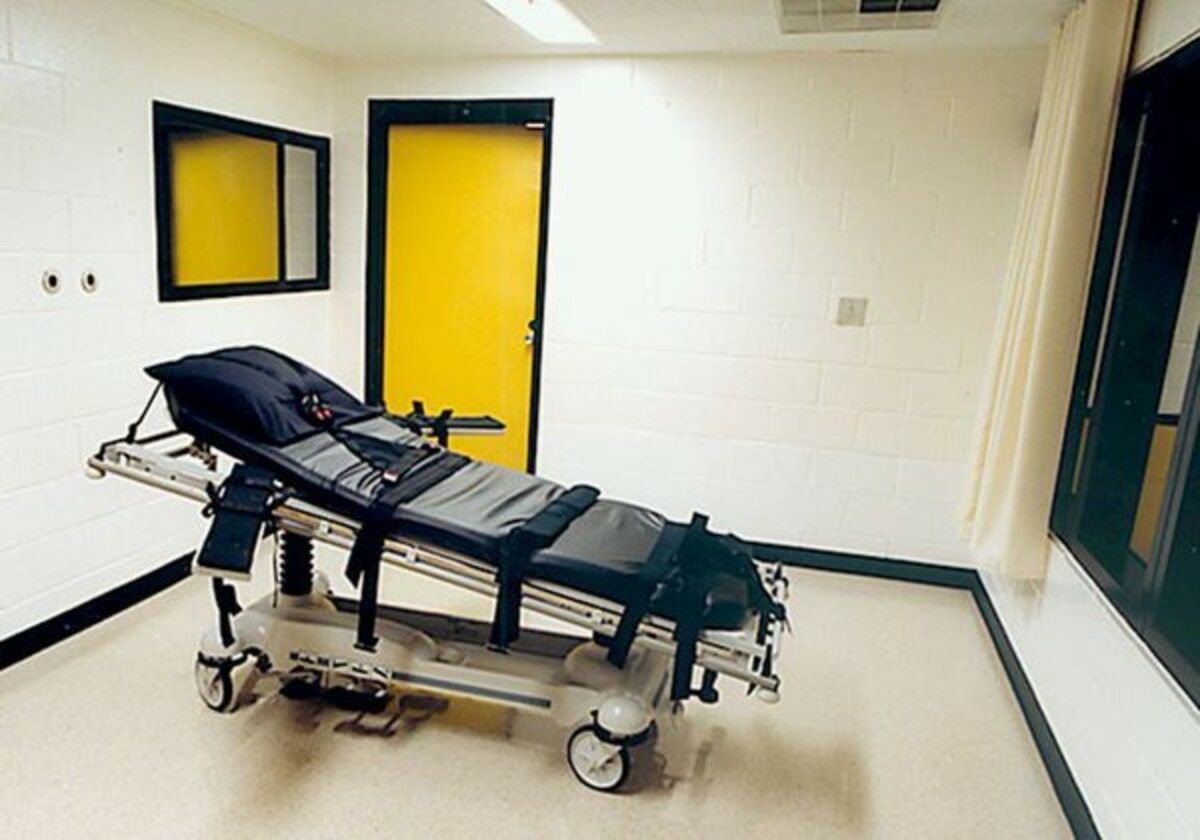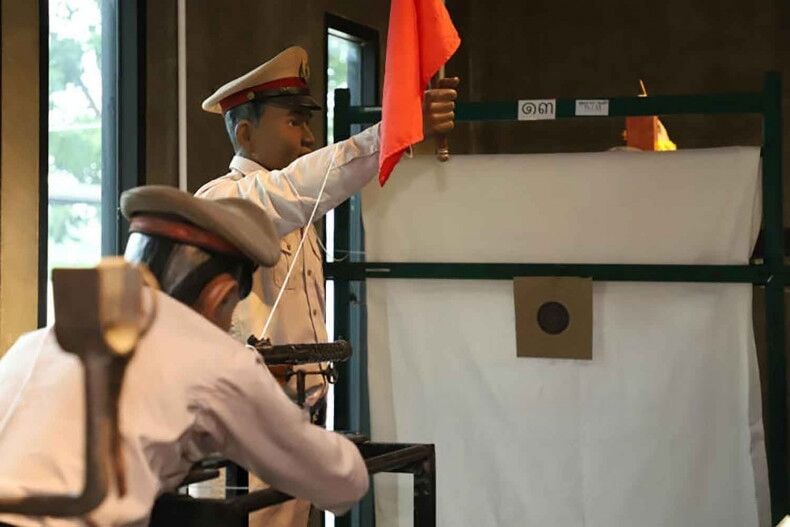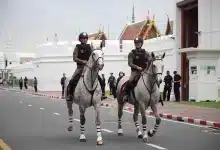Thailand rejects call to abolish death penalty

Thailand’s Cabinet dismissed the National Human Rights Commission’s (NHRC) proposal to abolish the death penalty. This decision, announced by deputy government spokesperson Kharom Polpornklang, underscores the government’s alignment with the courts of justice, which deem capital punishment necessary for certain grave offences.
The NHRC had pushed for the abolition, citing the global trend of eliminating what they consider an excessively harsh punishment. Their proposal was introduced during a seminar coinciding with the World Day Against the Death Penalty, where they outlined a four-step plan to phase out capital punishment in the country.
The first step in the NHRC’s plan involves refraining from including the death penalty in new legislation. The second step calls for amending current laws that mandate the death penalty as the sole sentencing option, allowing courts to explore alternative punishments.
A third step in their proposal is the review of existing laws where the death penalty is deemed disproportionate to the crime committed. The final step aims to eliminate capital punishment from all Thai laws entirely.
“The move to abolish the death penalty in Thailand presents a significant challenge for human rights advocates.”
The NHRC noted that the civil sector has expressed its willingness to back a legislative bill towards this end.
Despite these efforts, the Cabinet’s rejection reflects the complex balance between maintaining law and order and advancing human rights in Thailand. This decision highlights the ongoing debate surrounding capital punishment and the difficulties faced in aligning national policies with international human rights standards, reported Bangkok Post.

In related news, 18 individuals received the death penalty with one sentenced to life imprisonment in a landmark ruling at the Thong Pha Phum Provincial Court in Kanchanaburi province. The court acquitted four others in a case stemming from a deadly brawl between inmate groups from Ban Mueang Kan and Ban Bo Phloi against those from Ban Tha Maka.
Latest Thailand News
Follow The Thaiger on Google News:


























